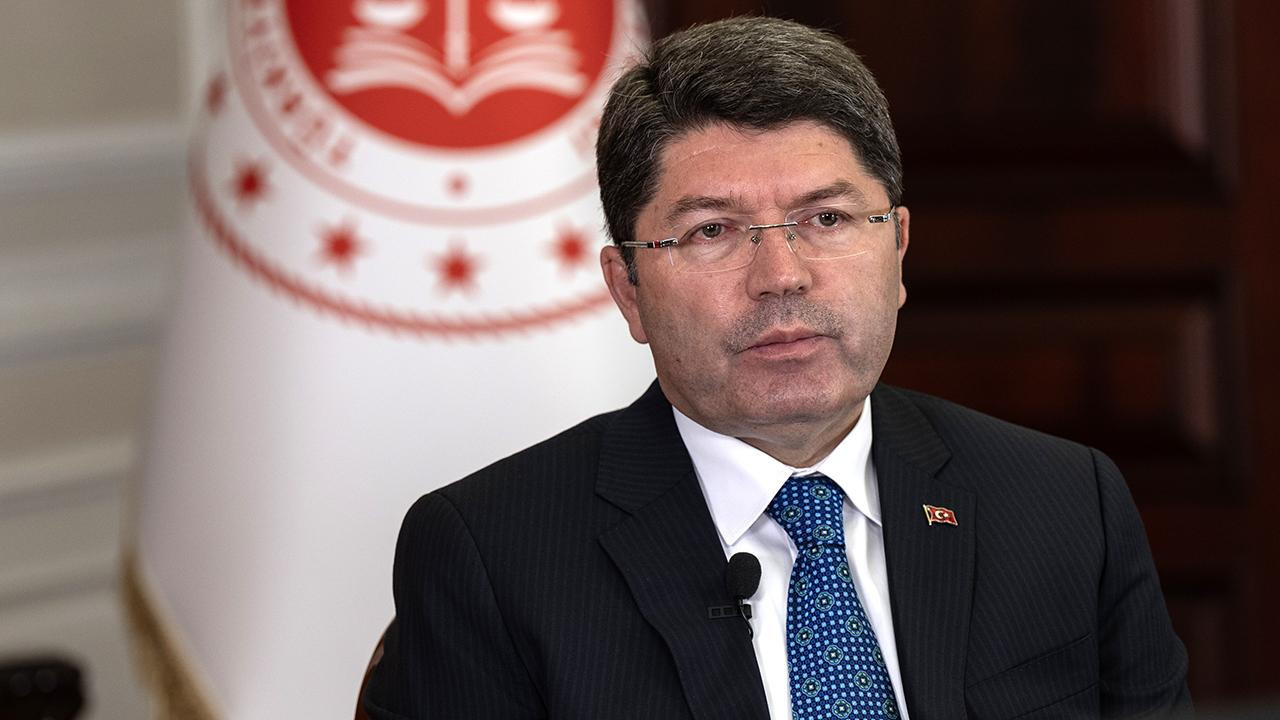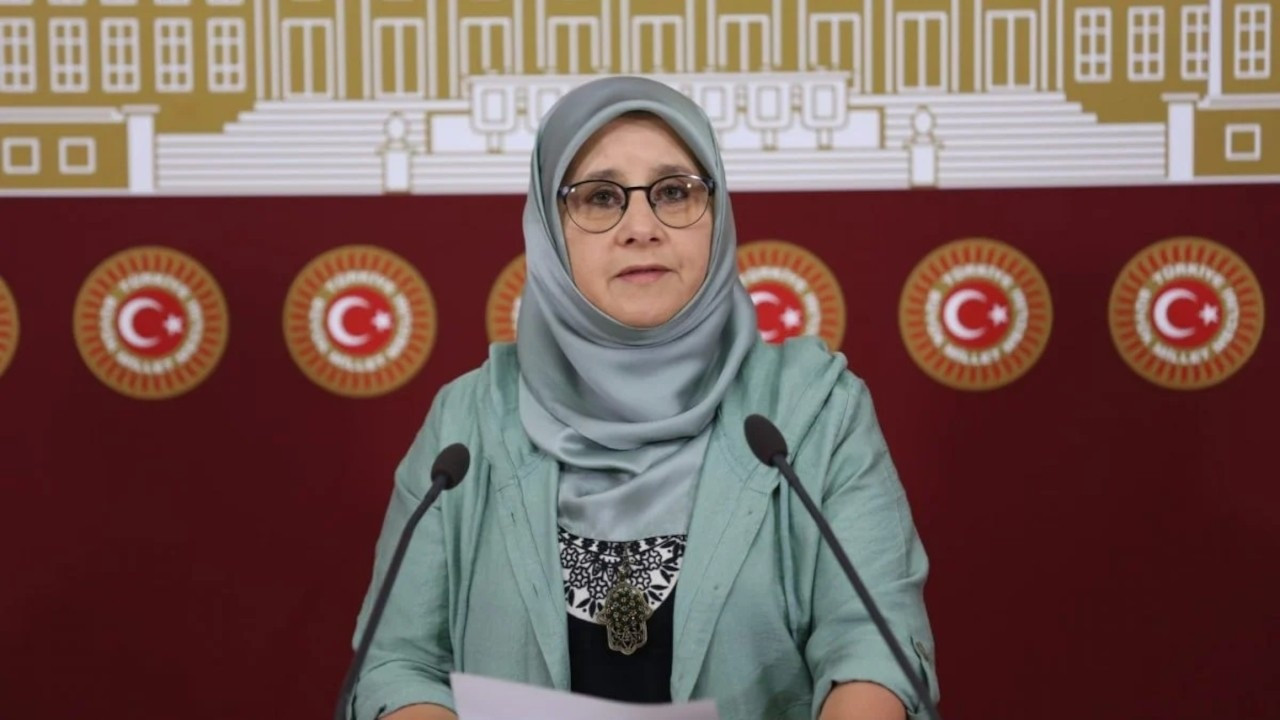CHP’s Tanrıkulu deems Kobanê trials ‘political revenge case’
Turkish main opposition CHP’s Diyarbakır deputy Sezgin Tanrıkulu has stated that the Kobanê case was not a legal, but a political case; and former HDP co-chairs Selahattin Demirtaş and Figen Yüksekdağ were political hostages of the government.
Duvar English
Sezgin Tanrıkulu, the main opposition Republican People’s Party (CHP) deputy from the southeastern Diyarbakır province on May 7 held that the Kobanê case where Kurdish politicians are tried for terrorism charges was merely a “political revenge” case, and not a legal one.
Tanrıkulu spoke during the Parliamentary session to draw attention to the continued imprisonment of former co-chairs of the Peoples’ Democratic Party (HDP), Selahattin Demirtaş and Figen Yüksekdağ.
The deputy, who also serves as the chair of the parliament’s Committee on Human Rights Inquiry, stated that not all cases in Turkey were aimed at justice.
Kobanê was such a case, where the defendants were put on trial as “political revenge,” said Tanrıkulu.
He continued, “I do not see them as defendants, to me, my friends are political hostages. They are being held in prison by a court ruling, as the Kurdish issue’s political hostages.”
Tanrıkulu added that on the night of the Kobanê protests on October 6, 2014, he was offended by Turkish President Recep Tayyip Erdoğan’s statement “Kobanê is about to fall,” as a Kurd.
“His words and expression deeply offended and saddened me as a citizen, as a lawyer, and as a Kurd, as it did many Kurds,” the deputy said.
According to him, the HDP’s social media post following Erdoğan’s offensive statements was a reflection of this hurt. The tweet calling people of Kobanê to the streets formed the basis of the indictment against HDP officials.
“A tweet cannot be used to demand such harsh punishments for 52 people.”
Tanrıkulu continued to warn the Parliament against “convenient” members of the judiciary. The presiding Chief Prosecutor of the case was involved in mob activity in the past, which the government used to prepare the damning Kobanê indictment, according to the deputy.
“Rest assured that this case will be in the Justice and Development Party’s (AKP) criminal record,” Tanrıkulu concluded.
The Kobanê case
The Kobanê protests took place between Oct. 6 and 8, 2014, and caused the deaths of dozens. Protesters flooded streets in Turkey's mainly Kurdish southeast at the time, outraged over the Turkish government's inaction in protecting Syrian Kurds as ISIS besieged Kobanê, just across the Syrian border.
The prosecutor’s indictment regarding the Kobanê case accuses 108 defendants, 17 of whom are jailed, of several crimes, including the murders of 37 people and “disrupting the unity and integrity of the state.”
Among the defendants are former HDP politicians charged for allegedly organizing and inciting the violence despite not being involved in carrying out violent acts.
Demirtaş, Yüksekdağ, and several other HDP deputies were arrested on Nov. 4, 2016. The case is still ongoing, while the politicians remain in prison.
The European Court of Human Rights (ECHR) ruled multiple times in 2020, 2022, and 2023 that Turkey violated the European Convention on Human Rights regarding the Kobanê case.


 Turkey's Justice Minister: ‘ECHR ruled Kavala, Demirtaş cases with political concerns’Human Rights
Turkey's Justice Minister: ‘ECHR ruled Kavala, Demirtaş cases with political concerns’Human Rights Turkish court arrests former HDP MP at airport as part of Kobane casePolitics
Turkish court arrests former HDP MP at airport as part of Kobane casePolitics Prosecutors release final sentencing opinion in Kobane trial: Life imprisonment for 36 HDP membersDomestic
Prosecutors release final sentencing opinion in Kobane trial: Life imprisonment for 36 HDP membersDomestic